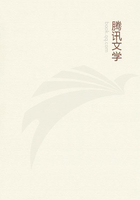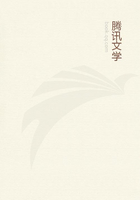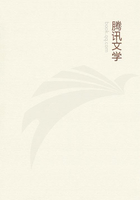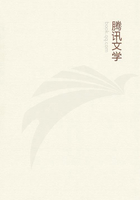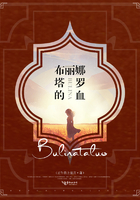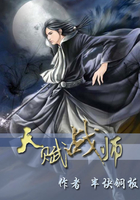For ignorance with an indifference for truth is nearer to it than opinion with ungrounded inclination,which is the great source of error;and they are more in danger to go out of the way who are marching under the conduct of a guide that it is a hundred to one will mislead them,than he that has not yet taken a step and is likelier to be prevailed on to enquire after the right way.The last of the three sorts are in the worst condition of all;for if a man can be persuaded and fully assured of anything for a truth without having examined,what is there that he may not embrace for truth?And if he has given himself up to believe a lie,what means is there left to recover one who can be assured without examining?
To the other two this I crave leave to say that,as he that is ignorant is in the best state of the trio,so he should pursue truth in a method suitable to that state,i.e.by enquiring directly into the nature of the thing itself without minding the opinions of others or troubling himself with their questions or disputes about it,but to see what he himself can,sincerely searching after truth,find out.He that proceeds upon others'principles in his enquiry into any sciences,though he be resolved to examine them and judge of them freely,does yet at least put himself on that side and post himself in a party which he will not quit till he be beaten out;by which the mind is insensibly engaged to make what defense it can,and so is unawares biased.
I do not say but a man should embrace some opinion when he has examined,else he examines to no purpose;but the surest and safest way is to have no opinion at all till he has examined,and that without any the least regard to the opinions or systems of other men about it.For example,were it my business to understand physic,would not the safer and readier way be to consult nature herself and inform myself in the history of diseases and their cures,than,espousing the principles of the dogmatists,methodists or chemists,engage in all the disputes concerning either of those systems and suppose it true till I have tried what they can say to beat me out of it?Or supposing that Hippocrates or any other book infallibly contains the whole art of physic,would not the direct way be to study,read and consider that book,weigh and compare the parts of it to find the truth,rather than espouse the doctrines of any party,who,though they acknowledge his authority,have already interpreted and withdrawn all his text to their own sense?the tincture whereof when I have imbibed,I am more in danger to misunderstand his true meaning than if I had come to him with a mind unprepossessed by doctors and commentators of my sect,whose reasonings,interpretation and language,which I have been used to,will of course make all chime that way and make another,and perhaps the genuine,meaning of the author seem harsh,strained and uncouth to me.
For words,having naturally none of their own,carry that signification to the hearer that he is used to put upon them,whatever be the sense of him that uses them.This,I think,is visibly so;and if it be,he that begins to have any doubt of any of his tenets,which he received without examination,ought as much he can to put himself wholly into this state of ignorance in reference to that question and,throwing wholly by all his former notions and the opinions of others,examine with a perfect indifference the question in its source without any inclination to either side or any regard to his or others'unexamined opinions.This I own is no easy thing to do;but I am not enquiring the easy way to opinion,but the right way to truth,which they must follow who will deal fairly with their own understandings and their own souls.

